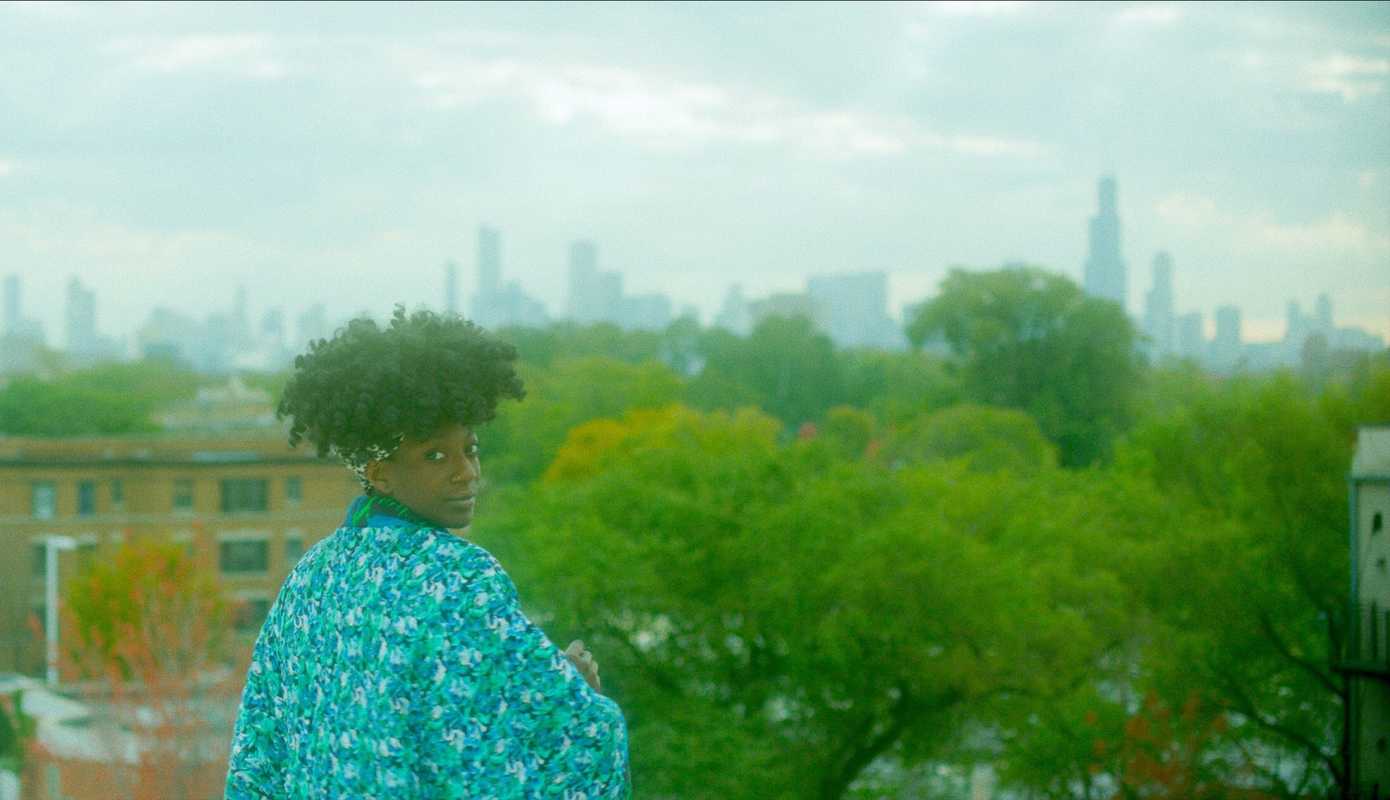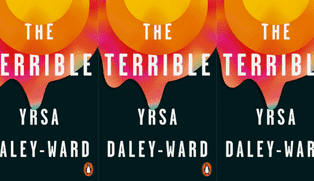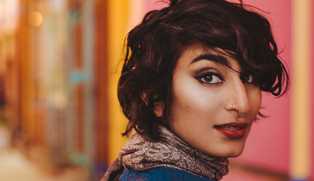The web series format has allowed creatives to bypass conventional methods of storytelling to make work that centres those communities that are working to take up space both within and outside of the mainstream. Chicago-based director Vincent Martell’s new series Damaged Goods follows in the path of Awkward Black Girl by Issa Rae and Brown Girls by Fatimah Asghar and Sam Bailey. Damaged Goods traces the lives of four friends; housemates and creatives: Marlo, Sanavi, Ezra and Caleb.
There’s a moment in the pilot episode where Caleb, one of the main characters, is lying in bed after a night out. His phone rings, he groans whilst reaching out for it, springing upright when he hears a voice on the other end of the line. It’s his boss reminding him that he’s late for his shift, again. Caleb apologises, gets ready for work, makes it in just in time for his boss to fire him.
The structure of the series relies on a single idea: struggle. Whether they’re battling sexism, racism, addiction, harassment or what it means to depend on your parents to survive. The episodes are delicate and detailed, weaving together surprising plot twists to create a full, satisfying and instantly relatable world.
“Damaged Goods is centred around people of colour and how they navigate not just the creative scene but their work lives and their personal lives in a way that’s not rooted in trauma,” Vincent Martell explained over the phone from America. “I’m so fucking tired of seeing stories about us from a white lens.” Martell was inspired by the award-winning web-series, Brown Girls, after working on the production with Fatimah Asghar and Sam Bailey. “[I wanted to] create a web series that spoke to the people that I want to speak to in an unapologetic way,” he explained. “It was also incredibly inspirational seeing how dope it was that women, femmes, people of colour and filmmakers in the LGBTQ spectrum rallied together to create this piece of art. I wanted to do that with Damaged Goods, and by creating my own production company: VAM STUDIO.”
Spanning six episodes, Damaged Goods tells those “real-life stories that we faced every day,” Martell says. “We’re just putting a spotlight on it and exaggerating it a bit.” The team used Instagram to cast all the actors, due to how the standard method of casting rooms seemed to be a dated approach. “The fabric of these characters is them in their most authentic selves,” he emphasised. “How I found them was by following these four actors on Instagram for a year or so, inviting them to my parties, watching how they interacted on social media. All of them, for the most part, were first-time actors.” From there, Martell, alongside co-writers Zak Payne and KB Woodson, took the characteristics they observed and wove them into the script.
When a show focuses so heavily on queer people, especially of queer people colour, there’s a fear that the show could lean into certain stereotypes or tropes. With Damaged Goods, Martell purposefully avoided that. “I was never afraid of that because when I create art I only think about my community, my people and my own mind. I’m not creating for anyone outside of that. I want to make sure that my community and my friends fuck with it first. What I’ve known and what I’ve grown to know is that they will understand it. Everyone outside of that, I care less about, to be honest. Because it’s not really for them. I think going into Damaged Goods, we knew that we were speaking a particular language. A language for creatives. A language for people of colour.”
There was one character that I wanted more of. Marlo, the only female African-American character on the show often feels like she’s living in the shadows; her storyline never comes front and centre. For Martell, Marlo is representative of a lot of the black women in his life. “They have it together, but they’re hustling really, really hard,” he explained. “They’re doing it in a way that’s incredibly unapologetic. Marlo is trying to find her voice in this series. In a home full of people who just don’t understand her, she carries most of the responsibilities. And I think that’s symbolic of a lot of black and brown women and how they experience life.”
All the characters in the series were approached with a lot of “love, care and nurture” because, for Martell, these are the people he surrounds himself with, the ones who have moulded him as an artist. He does the work to include the often unspoken or ‘taboo’ experiences that people in his community go through. Caleb’s character, for example, dips in and out of sex work. “We wanted to destigmatize that and show it simply as a way of life. From an outside perspective, it can seem risky, but from my perspective, there’s this beautiful freedom that is representative of all of the queer club kid friends that I have in my universe. I think it’s less focused on him being ‘risky’ and more looks at him being free.”
Martell was afforded certain freedoms in making Damaged Goods working in the context of the Chicago art scene, a city that feels like it is going through a kind of renaissance period. You have artists like Jamila Woods (and her recently released album LEGACY! LEGACY!), and rappers like Saba, Noname and Chance that have created “the space to experiment and play in a way that you can’t in most cities. It’s a lot more accessible than LA, and it’s a lot more affordable than NYC.”
With such a supportive community behind him, it makes sense that Martell is already looking towards a future where there’s another season of Damaged Goods, at least. “We’re going to produce a second season, no matter what,” he confirmed. “I think the web series genre is a beautiful way to create something that feels true and unique. I can push it out fast to people who need that content. No matter what happens globally to Damaged Goods, the micro-scale is that I want to continue to create work and make it accessible to my people.”


.jpg)

